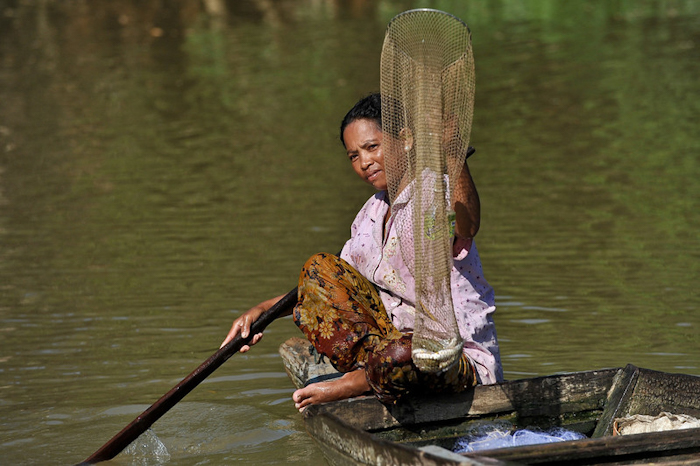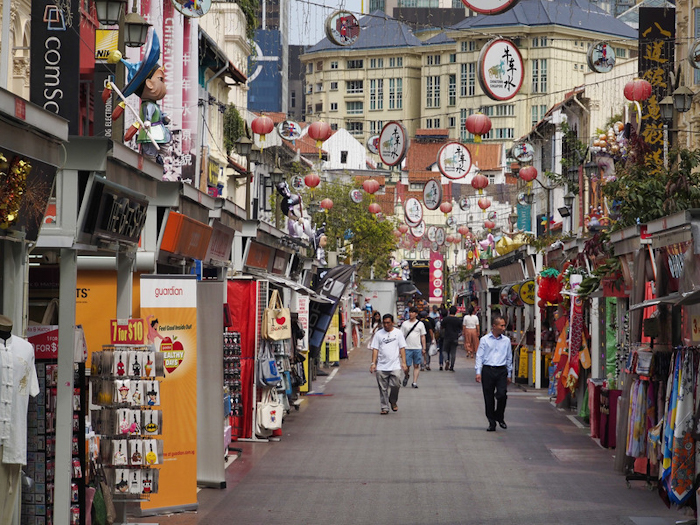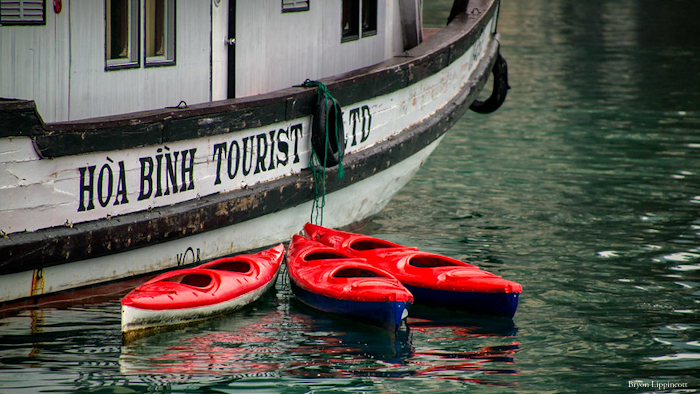GMS Countries Roll Out Various Smart Tourism and Digital Initiatives
The Greater Mekong Subregion (GMS) Economic Cooperation Program Strategic Framework 2030 (GMS-2030) emphasizes new possibilities opened by digitalization. At the recently held 51st GMS Tourism Working Group Meeting (TWG-51), GMS countries highlighted various digital initiatives they are implementing, which are helping boost their tourism markets and improve visitor management.










